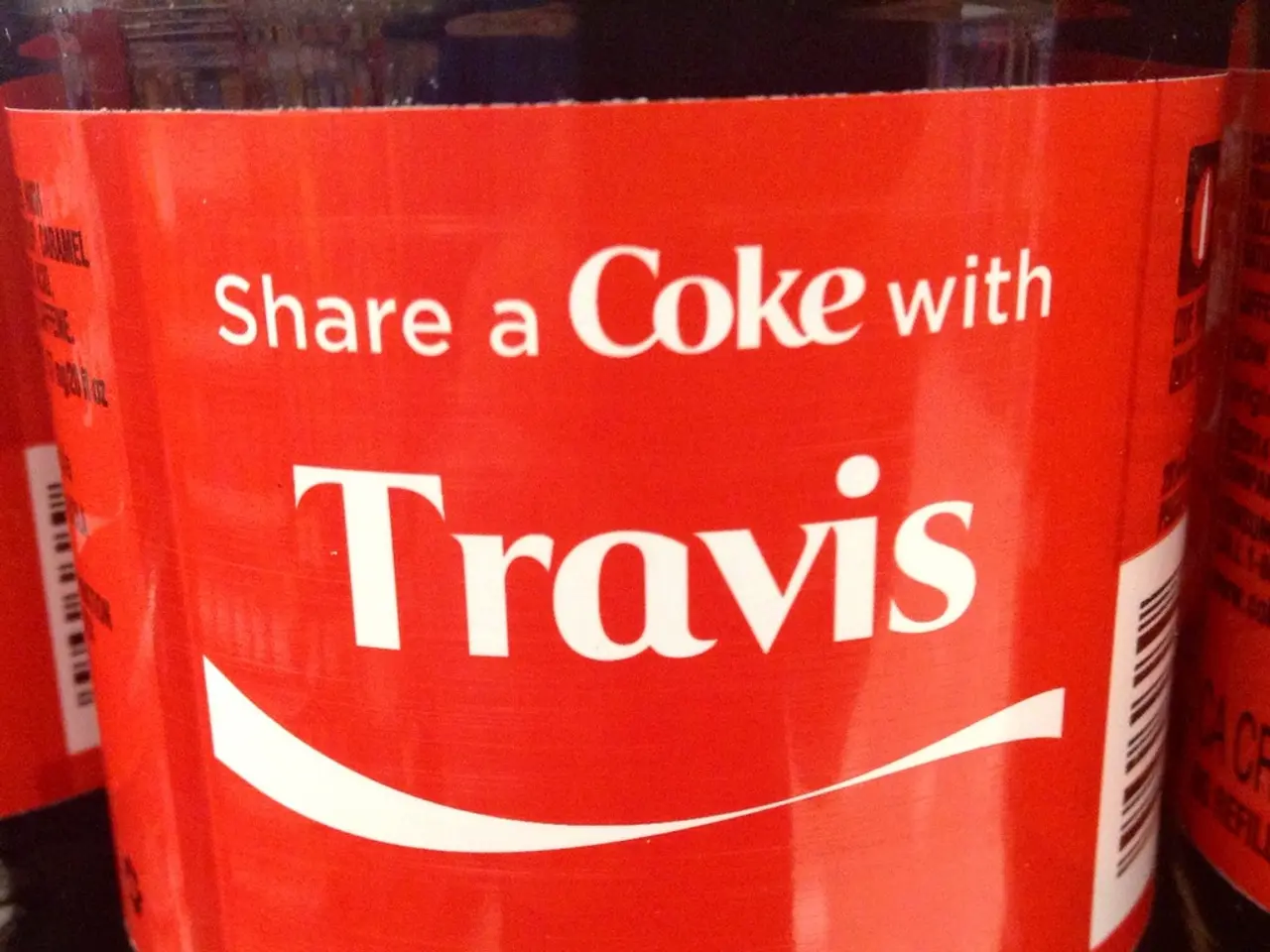The historical colonial relationship among Greenland, Denmark, and the U.S. plays a significant role in current power struggles.
In the heart of Paris, a thought-provoking discussion is set to unfold at Sciences Po, as visiting professor Astrid Nonbo Andersen delves into the complexities of US-Greenland relations and the enduring effects of colonial memory politics.
The historical context of US-Greenland relations dates back to 1865, when the United States first proposed purchasing Greenland, reflecting early strategic interest in the Arctic. Fast forward to World War II, and the US established a military presence on Greenland to prevent Nazi Germany's control, leading to a formal defense agreement with Denmark in 1951 that allowed continued US military bases while respecting Danish sovereignty. This relationship, characterized by strategic but transactional cooperation, has primarily focused on military and geopolitical interests, such as monitoring Russian and Chinese activities and controlling key Arctic maritime routes.
However, Greenland's colonial memory politics deeply affect these relations. The indigenous Kalaallit population generally views American attempts at acquisition or dominance warily due to historical sidelining of local authorities, forced relocations during US military expansions, and concerns over environmental and political impacts. Most Greenlanders favour independence from Denmark rather than annexation by the US, with only about 6% supporting US incorporation. These dynamics frame Greenland's political identity and priorities in resisting external control, whether Danish or American.
The visit of Donald Trump Jr. to Greenland on January 7th must be understood against this broader geopolitical and colonial backdrop. While the specifics of his visit are not detailed, the general context connects to former President Donald Trump's 2019 attempt to buy Greenland, which was publicly rejected by Denmark and disapproved by Greenlandic leaders. Trump's aggressive rhetoric and openness to force strained diplomatic relations and stirred local and regional sensitivities concerning sovereignty and colonial legacy. His visit likely continued to highlight US strategic ambitions in Greenland amidst growing great-power competition in the Arctic, especially as China and Russia assert their influence.
At Sciences Po, Astrid Nonbo Andersen, Senior Researcher at the Danish Institute for International Studies, will present her research on these very topics, focusing on historical justice, the politics of history and memory theory, and the Greenlandic reconciliation process. Her work primarily centres on Scandinavia and Greenland, including studies on Danish colonial memories, the Greenlandic state formation process under pressure due to the aspirations of the US to buy Greenland, and restitution demands raised against Denmark by groups in the U.S. Virgin Islands.
Stephanie Balme, Director of CERI, and Sarah Gensburger, CNRS Research Director, will introduce and deliver welcoming remarks at the event, respectively. Sandrine Lefranc, another CNRS Research Director, will open the discussion, making it a comprehensive exploration of the intricate relationship between history, memory, and politics in the context of US-Greenland relations.
This event, organised by the Center for the Sociology of Organisations (CSO, Sciences Po/CNRS), Centre for International Studies (Sciences Po/CNRS), and Centre for European Studies and Comparative Politics (CEE, Sciences Po/CNRS), promises to spark new discussions on how to deal with the past and its lingering effects. As we navigate the complexities of geopolitics, it is crucial to understand and respect the historical context that shapes contemporary relations.
During Astrid Nonbo Andersen's talk at Sciences Po, she will delve into the intricate relationship between history, memory, and politics in the context of US-Greenland relations, particularly focusing on the general news of the enduring effects of colonial memory politics. The impending discussion at Sciences Po may shed light on the broader context of recent political developments in Greenland, such as Donald Trump Jr.'s visit, which underscores the ongoing strategic interest of powerful nations like the US in Greenland's resources and geopolitical position, as exemplified by Trump's attempted purchase of Greenland in 2019.








